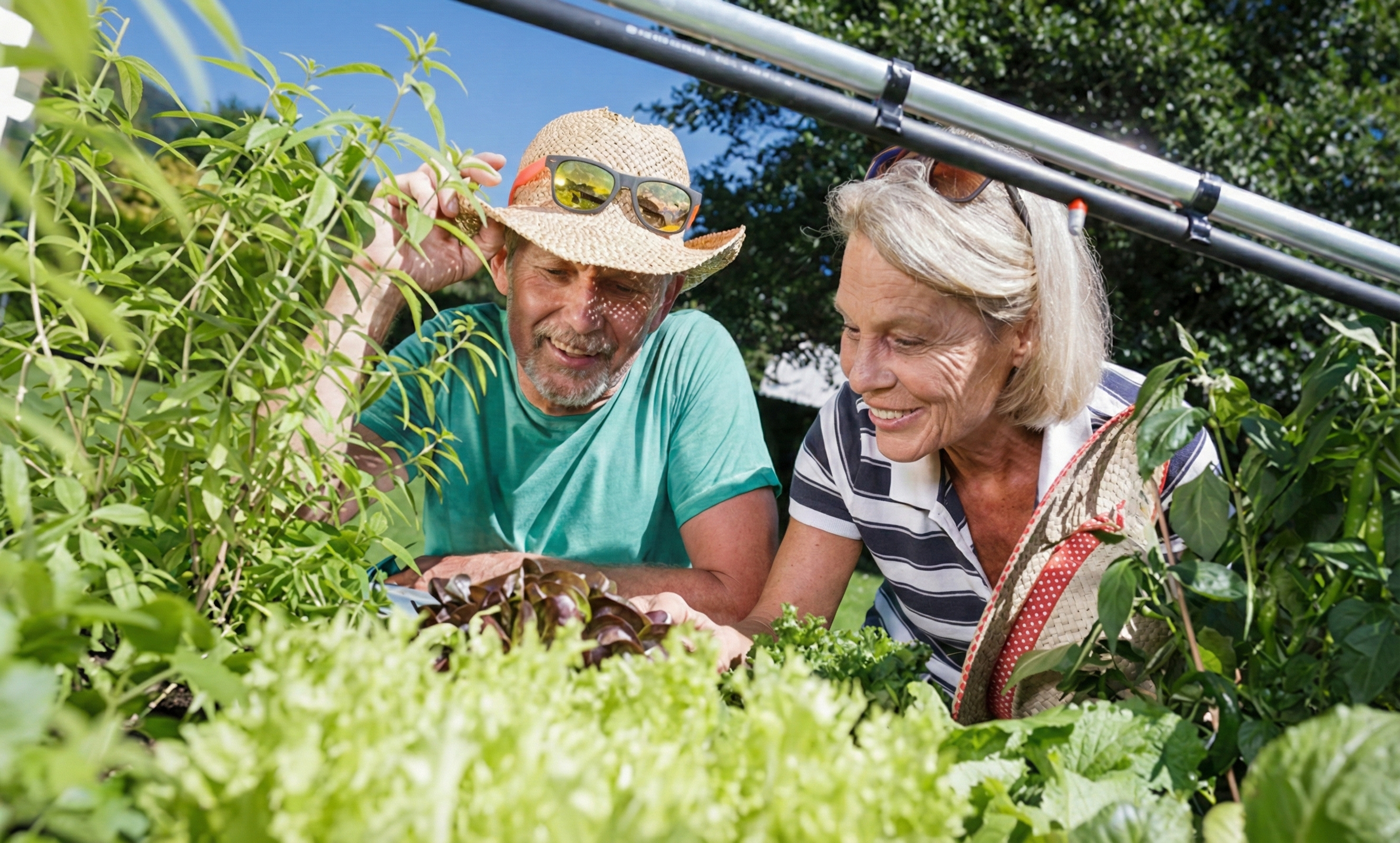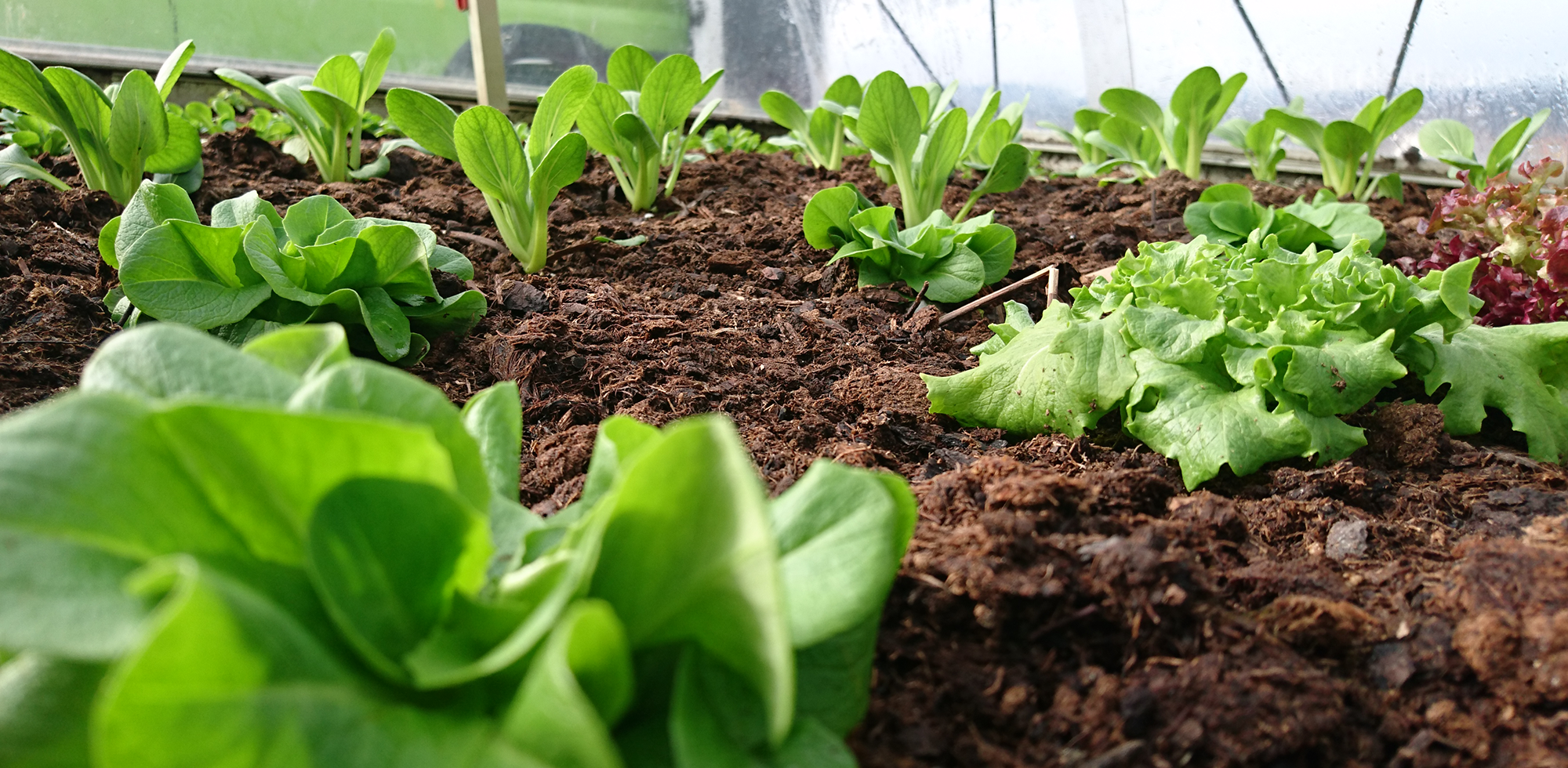Are you entering your long-awaited retirement? Despite the joy of starting a new phase of life, are you also worried about how you can use your new freedom in a meaningful and fulfilling way in retirement? You are not alone in this thought! - Retirement is a major change that can be positive if you consciously plan the new phase of life. Those who are aware of the challenges and provide new impulses are clearly at an advantage. - That is why we have collected 5 tips for you on meaningful activities in retirement:
Tip 1: Know the challenges of retirement
Especially people who have had a fulfilling professional life should deal with the challenges of a new phase of life early on. The major changes that come with retirement can be demanding. If you are aware of this, you can actively counteract it.
-
New self-image: Professional fulfillment can define a large part of a person's identity. People who have enjoyed their job in particular identify very strongly with their professional role. The loss of this everyday role can lead to insecurities in self-perception. Therefore, actively dealing with a new self-image in retirement is an important building block for lasting satisfaction and a harmonious transition into the new phase of your life.
-
Social contacts: People who were very closely connected to their work often had many social contacts in their work environment. These contacts in everyday life decrease in retirement. To prevent loneliness, you should establish new social contacts.
-
A new rhythm: The daily work routine creates structure in your daily life. In retirement, the usual rhythm of getting up, going to work, working and having regular free time is no longer there. Create a daily structure for your new freedom.

Tip 2: Prepare for a possible pension shock
The phenomenon of "pension shock" describes an emotional reaction to the changed life situation in retirement. The pension shock can be particularly pronounced in people whose career was a central motive in life. Find out below aspects of the so-called "pension shock" and how you can counteract it:
We have already described classic issues of mental imbalance in the course of retirement in the above section on new challenges. You should find a new self-image outside of your professional role. Actively make new social contacts through hobbies or social involvement in clubs or organizations. Create new daily structures in retirement. Listen to yourself and react to possible psychological problems or anxiety by organizing professional support.
Other aspects are part of the phenomenon:
- New financial situation: Income in retirement is often lower than during working life. People who were self-employed in particular have to get used to the fact that they can no longer control their income through their own efforts. Anyone who wants to cushion this aspect of the pension shock should start thinking about retirement planning and practical financial planning for retirement early on.

Tip 3: Leisure activities that will bring you satisfaction in retirement
“Newly retired” people often ask themselves which leisure activities are appropriate for their age. In the age of “best agers”, you can safely tick this question off the list. An appropriate hobby is anything that brings you joy and enriches your everyday life in retirement. These parameters particularly characterize positive leisure activities in retirement:
- Promote your health: Make sure you maintain your health and mobility as you get older so that you can enjoy your retirement to the fullest. Hobbies that encourage exercise in the fresh air are particularly suitable for this. When making your selection, you should always take your current physical fitness into account and choose a hobby that does not overwhelm you but rather fills you with joy.
- Active social life: Ideally, your leisure activities will also promote your social life in retirement. Focus on activities that bring you together with people. Whether it's club life, exchanging ideas with hobby gardeners or going to the gym - fulfilling hobbies in retirement support regular social contacts.
- Meaningful activities: In your everyday working life, you were used to achieving something and making progress. After leaving working life, you miss this feeling. You can actively counteract this with meaningful leisure activities. Make a social contribution to clubs/organizations, improve your performance in sports or create visible results in the form of a beautiful garden or a rich harvest when doing gardening, for example.
If you consider these aspects when planning your leisure time in retirement, you will create a good foundation for satisfaction in the new phase of your life.

Tip 4: Find meaningful tasks for your new everyday life
Meaningful tasks can not only improve your quality of life. They also help you to continue to feel active, needed and fulfilled. We show you tasks and activities that many people find meaningful and fulfilling in their retirement:
- Gardening and nature : Gardening and spending time in nature can be both relaxing and rewarding. You can create something new in your garden and literally reap the rewards of your success. Exercising in the fresh air is good for your body and mind.
- Volunteer work : Many organizations and non-profit associations rely on the help of volunteers. Volunteer work can be an enrichment and at the same time serve the community. Whether political or social commitment - by volunteering you continue to feel needed and make your contribution to society.
- Re-inspire hobbies : With work and family life, many people's hobbies dwindle. Retirement offers the opportunity to take up old hobbies again or discover new interests. Whether it's art, creative design, music, gardening, photography or crafts - enjoy reactivating old interests and developing new ones.
- Further education & courses : Use your free time to further your education. Now you can learn all of this and devote yourself to topics that are no longer chosen based on economic aspects. Learn a new foreign language in an online or face-to-face course or attend lectures at the university as a freelance listener. Keep your mind alert with new stimuli!
- Sport and physical activity : Regular physical activity is important for health. This can include walking and hiking, cycling, swimming, yoga, golf, dancing or joining a sports group.
- Travel : Retirement can be a great opportunity to explore the world, visit new places and experience different cultures. Traveling without time constraints is a whole new experience that you shouldn't miss out on.
-
Family and friends : Spending more time with family and friends can be very fulfilling. For example, establish regular coffee gatherings or outings with friends. In retirement, you can also build an even closer bond with children and grandchildren by supporting them in their daily lives.

Tip 5: Popular activities in retirement: What do others actually do?
If you take a look at surveys conducted among pensioners, some particularly popular activities in retirement emerge:
- Gardening: One of the most popular hobbies in retirement is gardening. This is not surprising, as this task has many positive effects on your well-being: you get out in the fresh air and experience the seasons actively. When you do gardening, you create beautiful things, design your home and can harvest and enjoy the fruits of your labor.
- Reading: A good book takes us to new worlds and is a wonderful way to pass the time. Reading a daily newspaper or specialist magazines also keeps you up to date and provides you with new knowledge.
- Hiking & walking: Activities in nature challenge the body and mind. That's why many retired people make regular walks part of their new daily routine. You can enjoy hikes to the fullest with your partner, family or friends.
- Travel: Unbound by holiday plans or traditional travel times, retirees are conquering the world. Whether short trips or long journeys – gathering new impressions and experiencing the world in all its facets brings joy to life and keeps you active.
- Sport: Keeping active is the key to health and mental balance. That's why sport is a popular hobby for women and men in retirement. Enjoy the new freedom to indulge in your favorite sport whenever the weather conditions are ideal and leisure facilities are not overcrowded.
Conclusion
Leaving the workforce and starting retirement is a completely new phase in life that can be quite demanding. Anyone who actively deals with the challenges of change, analyses their fears and needs and actively makes plans can cushion a potential retirement shock. Meaningful activities and fulfilling hobbies create the ideal basis for a fulfilling life in retirement. You have worked hard and can enjoy your retirement to the fullest!





